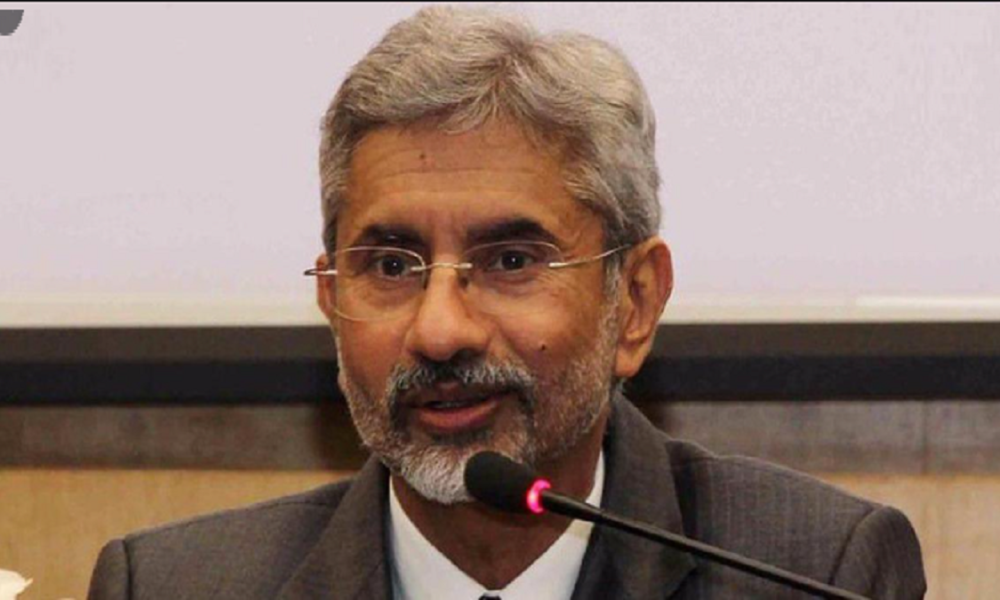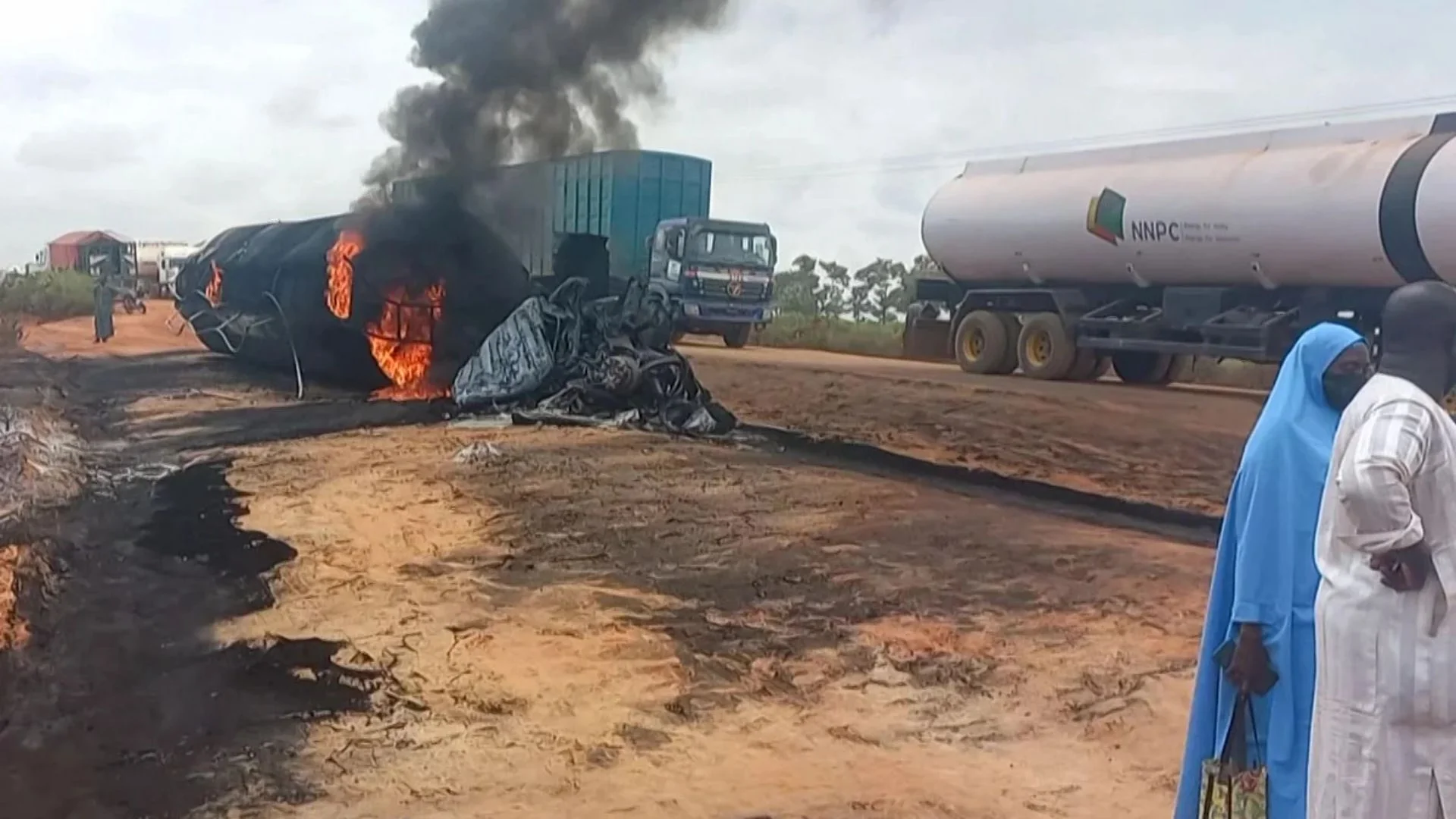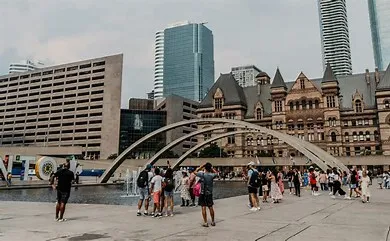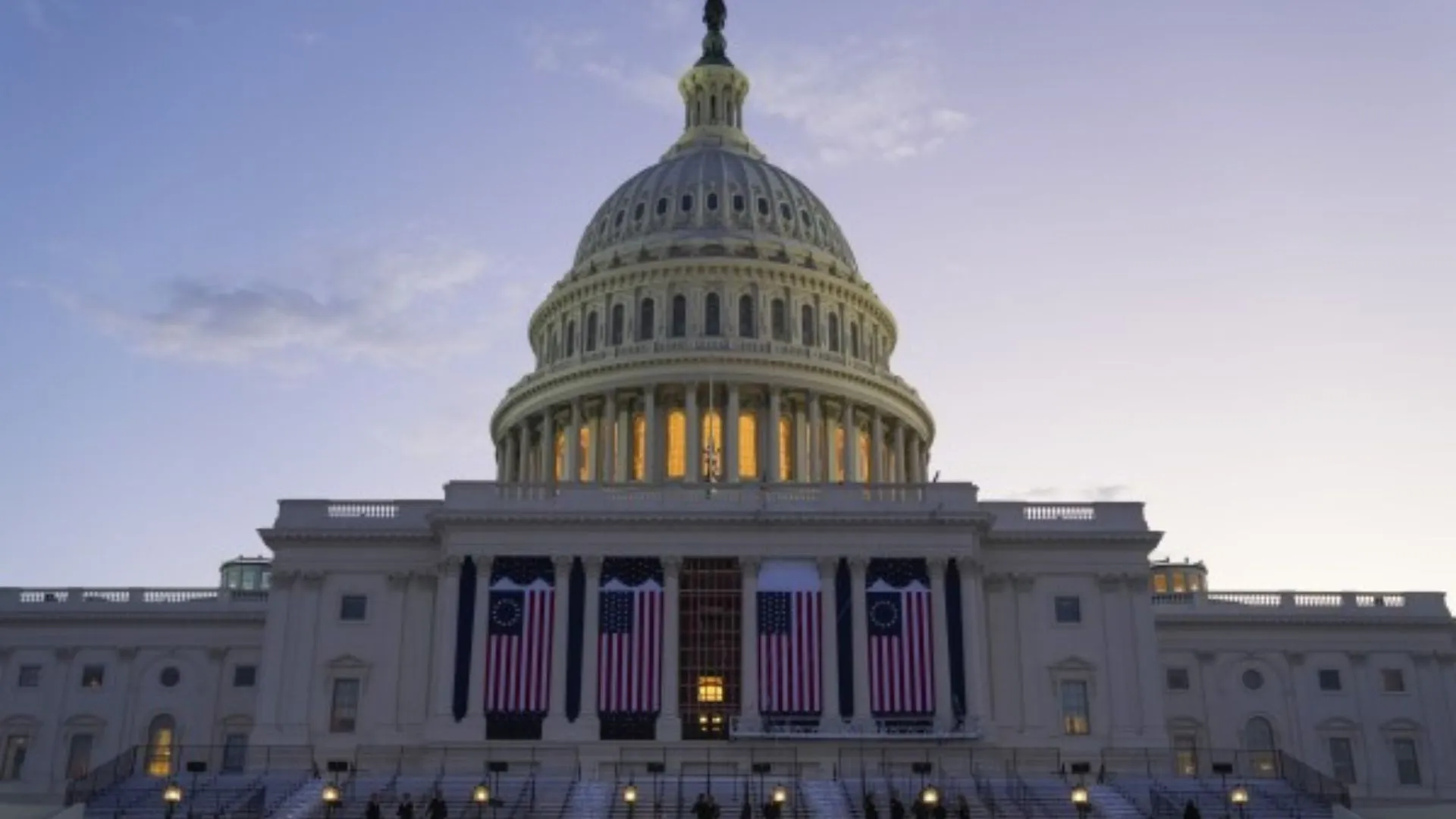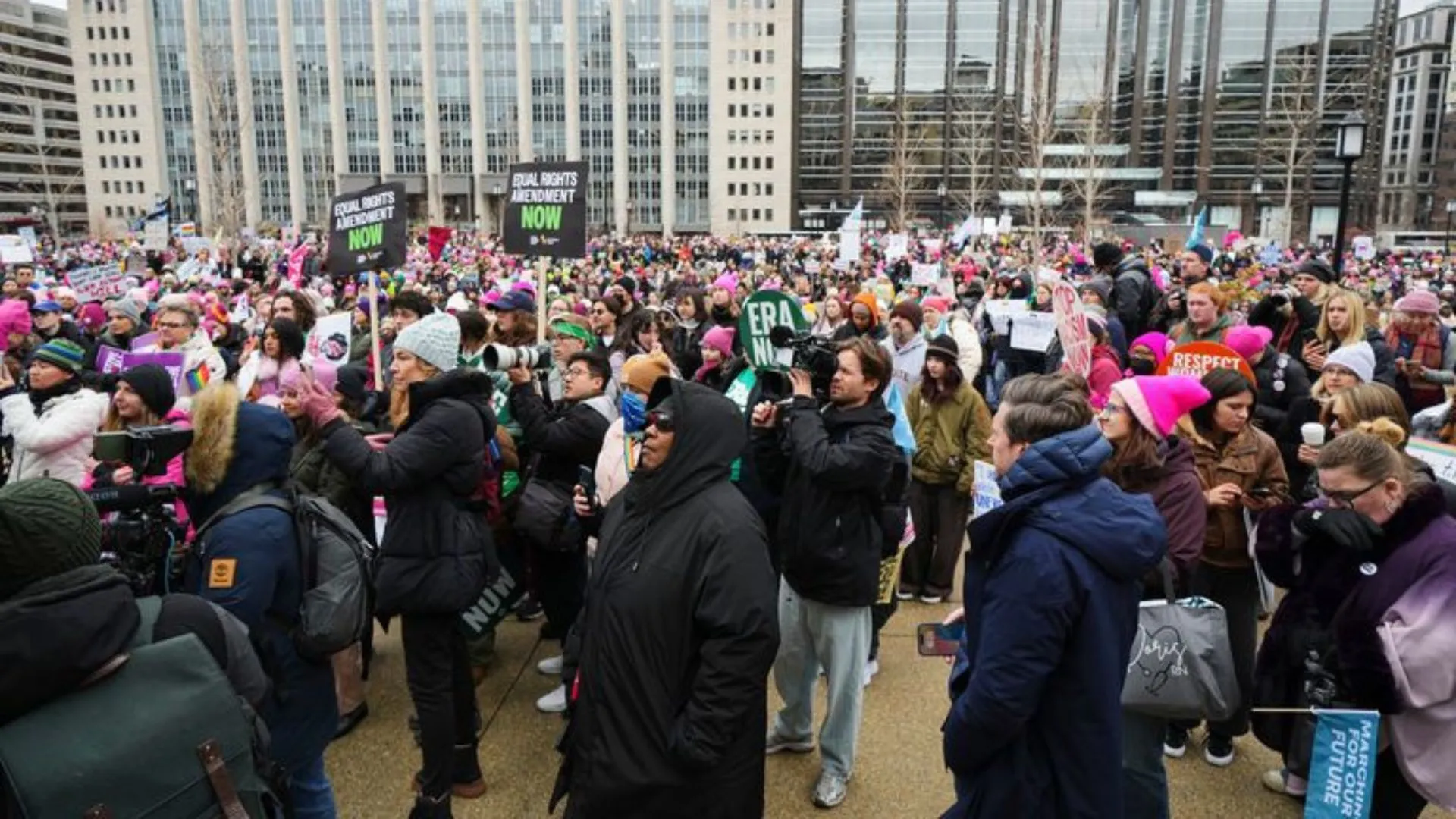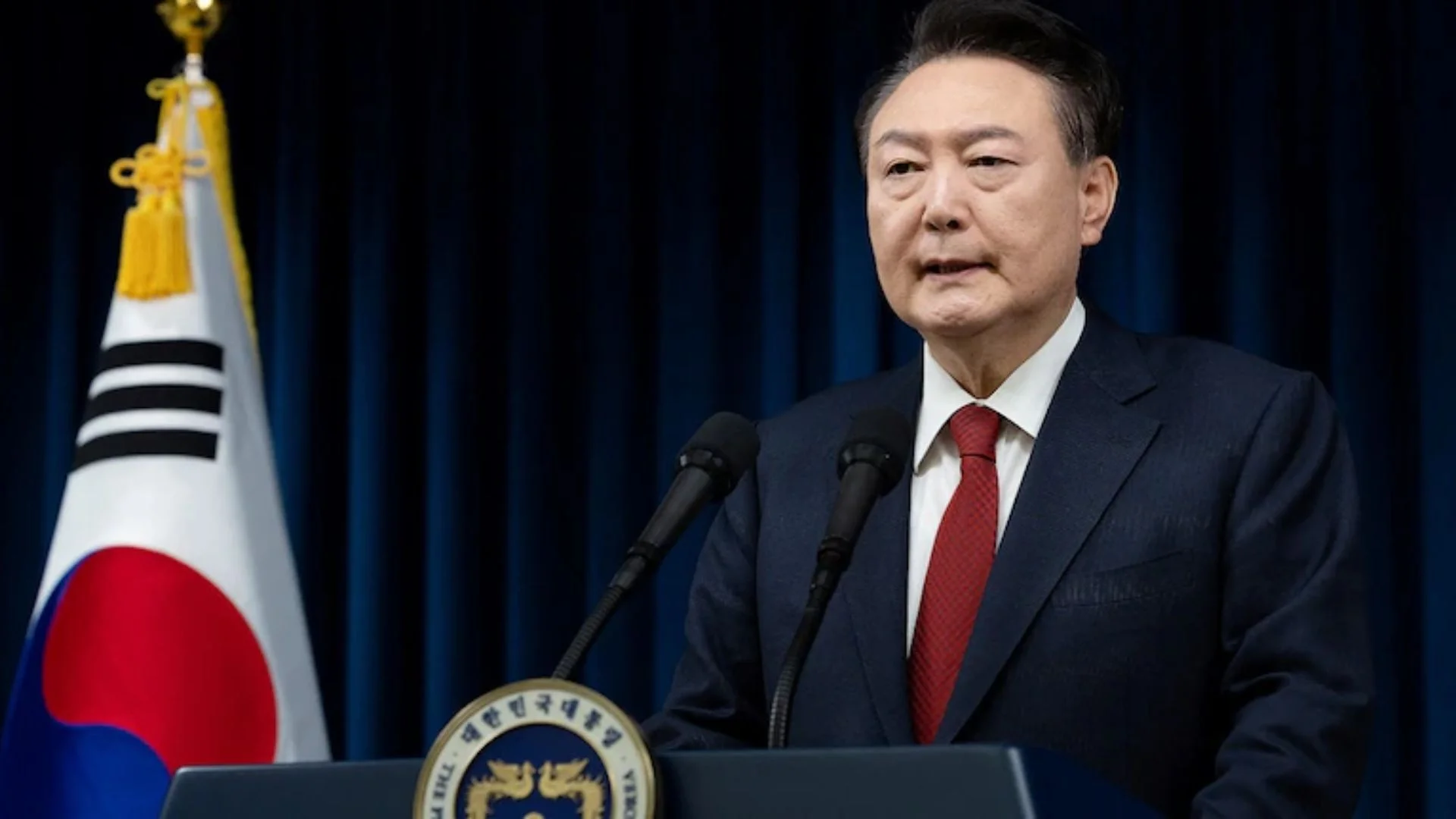There must be no ifs and buts in the fight against terrorism, External Affairs Minister S Jaishankar said on Tuesday, adding that “terrorists are terrorists, there are no good and bad ones”.
Speaking at the United Nations Security Council open debate on “International Cooperation in combating terrorism 20 years after the adoption of 1373”, he said that there are countries that are clearly guilty of aiding and supporting terrorism and willfully provide financial assistance and safe heavens. He urged the international community to hold these countries accountable.
Jaishankar, who did not name Pakistan, made a veiled reference to China and said the “practice of placing blocks and holds on listing requests without any rhyme or reason must end”. He said there was a need to reform the working methods of the committees dealing with sanctions.
This was the first time that the minister made an intervention in the UNSC after India has assumed membership on 1 January 2021.
Jaishankar termed Security Council Resolution 1373 a landmark resolution in the global fight against terrorism. He said some states lack the legal and operational frameworks and technical expertise needed to detect, investigate, and prosecute terrorist financing cases.
“However, there are also other states that are clearly guilty of aiding and supporting terrorism, and wilfully provide financial assistance and safe-havens. While we must enhance capacities of the former, the international community must collectively call out the latter and hold them accountable,” he said
Jaishankar proposed an eight-point action plan to address the menace of terrorism and said enlisting and delisting individuals and entities under the UN sanctions regimes must be done objectively, not for political or religious considerations.
He said that India has been itself battling terrorism for many decades with great resolve, these proposals have been framed with the interests of the entire international community in mind. He suggested that the Financial Action Task Force (FATF) should continue to “identify and remedy weaknesses in anti-money laundering and counter-terror financing frameworks.”
“First, we must all summon up the political will to combat terrorism. There must be no ifs and buts in this fight. Nor should we allow terrorism to be justified and terrorists glorified. All member states must fulfil their obligations enshrined in international counter-terrorism instruments and conventions,” he suggested, adding that there must be no countenance double standards in the battle against terrorism.
“Two, we must not countenance double standards in this battle. Terrorists are terrorists; there are no good and bad ones. Those who propagate this distinction have an agenda. And those who cover up for them are just as culpable.
“Accordingly, we must reform the working methods of the committees dealing with sanctions and counter-terrorism. Transparency, accountability and effectiveness are the need of the day. The practice of placing blocks and holds on listing requests without any rhyme or reason must end. This only erodes our collective credibility,” he said.
Jaishankar said that adequate funding to UN counter-terrorism bodies from the UN regular budget requires immediate attention. “Four, we must firmly discourage exclusivist thinking that divides the world and harms our social fabric. Such approaches facilitate radicalization and recruitment by breeding fear, mistrust, and hatred among different communities. The Council should be on guard against new terminologies and misleading priorities that can dilute our focus.
“Five, enlisting and delisting individuals and entities under the UN sanctions regimes must be done objectively, not for political or religious considerations. Proposals in this regard merit due examination before circulation. Six, linkages between terrorism and transnational organized crime must be fully recognized and addressed vigorously. We, in India, have seen the crime syndicate responsible for the 1993 Mumbai bomb blasts not just given State protection but enjoying 5-star hospitality,” he added.
The minister also called for enhanced UN coordination with the FATF, saying it can make a “big difference”.
“Adequate funding to UN Counter-Terrorism bodies from the UN regular budget requires immediate attention. The forthcoming 7th review of the UN’s Global Counter-Terrorism Strategy offers an important occasion to strengthen measures to prevent and combat terrorism and building capacities of member states,” he added.
The minister said in 1996, long before the adoption of Resolution 1373, India took the initiative to pilot the draft Comprehensive Convention on International Terrorism with the objective of providing a comprehensive legal framework to combating terrorism.
WITH ANI INPUTS

